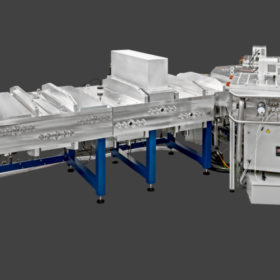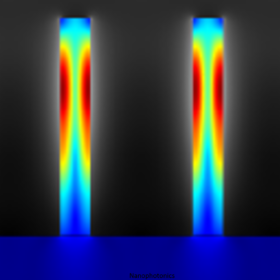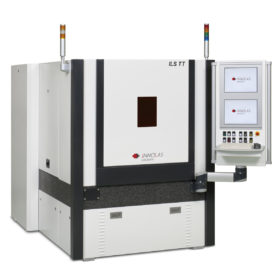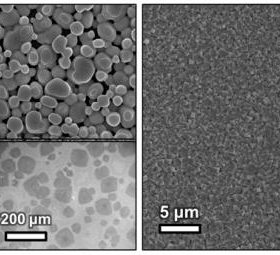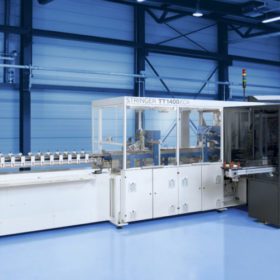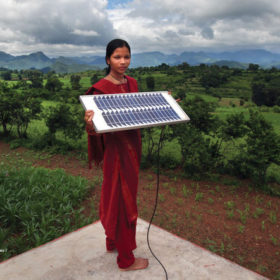Five takeaways from Intersolar Europe 2017
This year’s Intersolar Europe exhibition and conference attracted encouraging crowds, plenty of innovation and a growing sense of confidence in solar’s importance to the world. With a little help from storage, of course.
INDEOtec to supply PECVD tool to Fraunhofer ISE
Swiss equipment provider INDEOtec announced that it has received an order for its OCTOPUS II PECVD system from the renowned Fraunhofer Institute for Solar Energy Systems (ISE) in Germany.
Intersolar Europe & EES get underway
Europe’s largest solar trade show kicked off this morning in Munich. More than 1,100 organizations from 51 countries are hosting exhibits at the show, and around 40,000 visitors from 160 countries are expected to descend on the International Congress Center in Munich over the show’s duration.
Sol Voltaics moves toward commercialization for GaAs film solution
Swedish materials company Sol Voltaics announced that it has successfully produced gallium arsenide (GaAs) nanowires, bringing its efficiency boosting film a step closer to commercialization.
Innolas receives order for laser machine platform
German equipment supplier Innolas announced that it has received a further order for its ILS-TTnx platform, from an unnamed Asian customer. The tool is suitable for a range of applications in cell technology, but is particularly seen as a cost-effective method for laser contact opening in PERC cells.
Russian researchers develop process for crystalline perovskite film
A research team at Lomonosov Moscow State University has developed a new process to obtain organic/inorganic crystalline perovskite films for solar cells. The team says that the process allows for the development of compositions with optimal stability, and that it’s discovery could give fresh impetus to the research into perovskite solar cells.
Financing agreed for Sweihan mega project in Abu Dhabi
Chinese module manufacturer JinkoSolar announced the completion of financial negotiations for the 1.17 GW solar project to be built in Abu Dhabi. The project will be financed with $870 million and is expected to begin commercial operation in April 2019.
Siva Power secures investment for thin film facility
U.S thin film producer Siva Power has announced the completion of a $25 million investment round, which focuses on its solar module business, and continuing to build out its pilot line.
Teamtechnik & research partners develop award winning lead-free PV system
A joint project conducted by the Carinthian Tech Research Center and the Austrian Institute of Technology, in conjunction with German equipment manufacturer teamtechnik has developed a lead-free PV system using glued ribbon technology.
Penn State researchers develop low-cost solar cell
A research team at Penn State University has developed solar cells of up to 17% efficiency using a simplified concept requiring only one semiconductor material. Thanks to their potential for low-cost production, the researchers theorize that the cells could be used to provide power to energy poor communities the world over.


